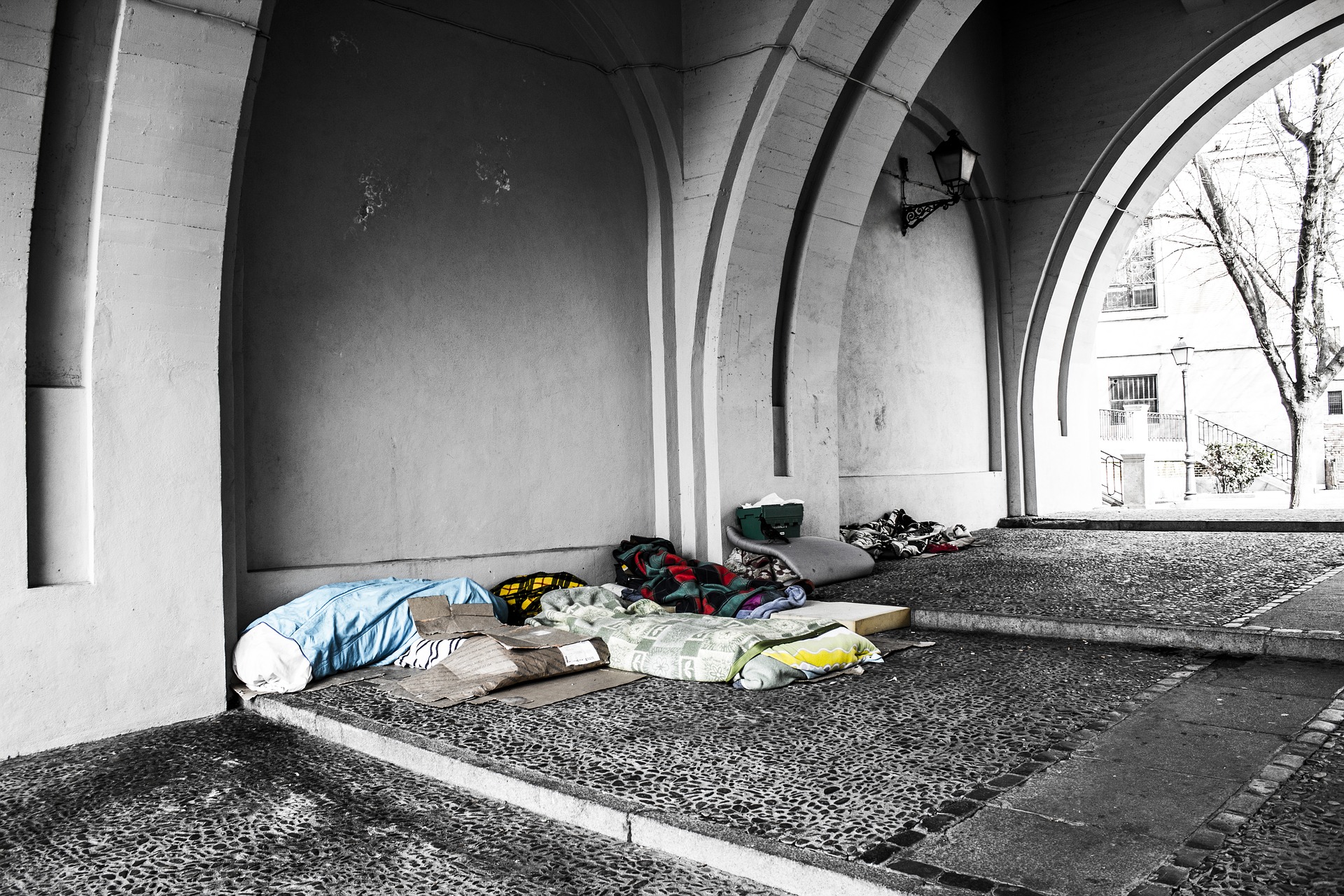
Alternative payment models such as accountable care organization contracts are increasingly prevalent among provider organizations that serve disadvantaged and lower-income populations. Understanding patterns of health care spending and utilization of these populations may help inform the design of such payment models. To date, detailed longitudinal claims data on populations experiencing homelessness have been generally not available.
In a study in Health Affairs, members of the Boston Health Care for the Homeless Program (BHCHP) and Boston Medical Center Health System, in collaboration with HCP faculty member Zirui Song, MD, PhD, examine health care spending and utilization of homeless and unstably housed patients cared for by the BHCHP program. BHCHP is one of the largest freestanding homeless health care programs in the United States, serving about 11,000 people across forty-five clinical sites in Boston.
Comparing data from 402 BHCHP patients who were continuously enrolled for 3 years to 18,638 similarly enrolled people insured by Massachusetts Medicaid (MassHealth) with no evidence of homelessness, the study found that observed spending for BHCHP patients was two and a half times higher than Massachusetts Medicaid beneficiaries. BHCHP spent on average $18,764 per person per year on health care. Currently, the risk adjustment for people experiencing homelessness that ACOs receive from Massachusetts Medicaid is $550 person per year. This amounts to only about one-eighth of the adjusted difference in spending between the BHCHP and comparison Medicaid populations observed in the study, suggesting that the current risk adjustment is inadequate.
Outpatient care explained the difference in spending between the two populations. The difference was smaller after adjustment for the risk score, which suggested that homelessness or housing instability was meaningfully correlated with higher expected health care spending.
This study contributes to our understanding of the homeless population’s use of health care and helps inform policy decisions around the amount of resources needed to sufficiently care for disadvantaged populations under an accountable care model. This may help improve the design of alternative payment models for organizations that care for such populations.